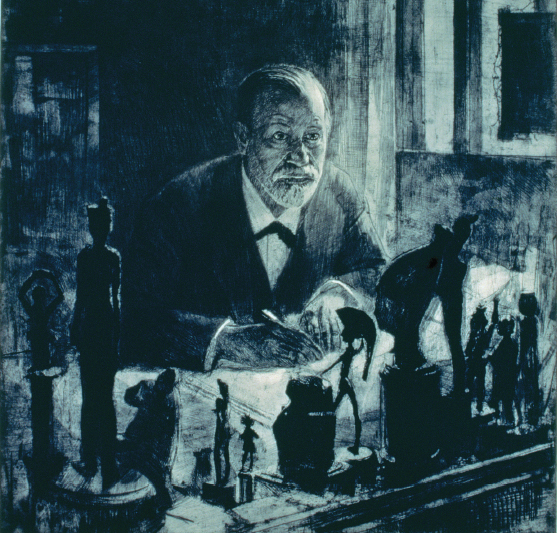2 | Progress and Uncertainty
Industrialization is one of two overriding historical facts of the nineteenth century. The other one, the emergence of the modern nation-
What had been essentially rural societies, controlled by stable aristocracies, turned into modern nations, dominated by urban centers and run by self-
For at the heart of nineteenth-
Another dark side of progress became evident in the development of weaponry. The deadly novelty of the American Civil War was the rifle, effective over five times the range of previous shoulder weapons. In World War I, tanks, submarines, and chemical weapons showed technology’s terrible potential for destruction: an estimated forty million military and civilian dead from war, famine, and epidemic, and twenty million wounded. With World War I, nationalism reached its first, horrifying climax, as modern nation-
By this time, however, confidence was shaken also by nontechnological developments. Men and women were moved to question their most basic assumptions about life by startling advances in physics, biology, and psychology.

- The impact of Einstein’s theory of relativity made its own contributions to the technology of weaponry later in the century, with the invention of nuclear weapons. At first, however, it was more philosophical than practical in nature. The idea that things depend on the standpoint of the observer and cannot be counted on according to the objective rules of Newtonian physics rocked people’s sense of certainty.
- For many, this uncertainty deepened a crisis in religion that the Victorians had already experienced as a result of scientific theories of evolution. Here the key figure was Charles Darwin. Were human beings created by God in God’s image, as the Bible teaches, or did they evolve by an impersonal process from lower animals? The disturbance that this idea caused in people’s sense of stability is still reflected in today’s disputes about creationism and “intelligent design.”
- Meanwhile the psychological theories of Sigmund Freud suggested that in spite of what people thought they were doing or feeling, they were in fact controlled by unconscious drives. The idea of men and women in the grip of irrational forces of their own (or their parents’) making was, again, very disturbing. At the same time, the prospect of working out one’s problems through psychotherapy gave the new century its paradigm for personality change.